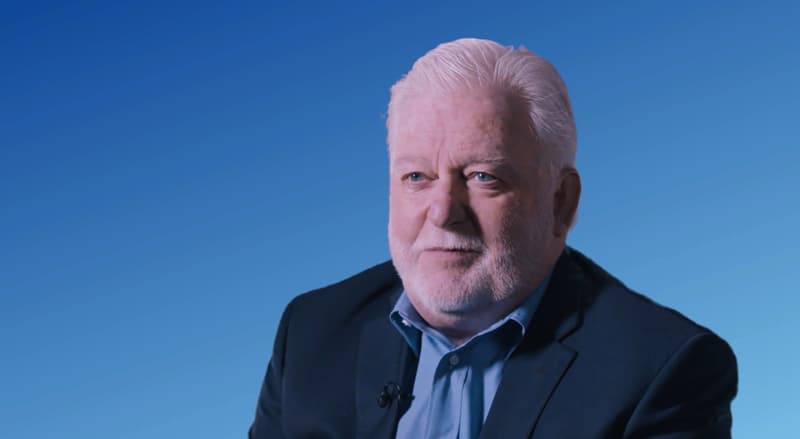20 November 2018 – BSV blockchain, the new full node implementation for Bitcoin Cash (BCH) mined a 64MB block, the world’s largest ever on a public blockchain. The huge block was mined by CoinGeek Mining, during an on-going Professional Stress Test of the BCH network. Just one hour before, a 38MB block was mined, also using the BSV blockchain implementation, by SVPool, a personal initiative of nChain’s Chief Scientist Dr. Craig Wright. That 38MB block held the record for largest block mined on a public blockchain until the 64 MB block dwarfed it.
The BCH Professional Stress Test is designed to test the BCH blockchain’s throughput capacity. The 64 MB block came at block height 557335 and the 38 MB block came at block height 557333 on the BCH network. Powered by Play.BCH.cash and organized independently of any BCH full node implementation team, the testing group also ran November 10 pre-test, in which BSV blockchain mined five 32 MB blocks, which were then the largest ever blocks mined on a public blockchain. BSV blockchain thus continues to demonstrate its record-setting capabilities, with larger blocks now mined of 64 and 38 MB.
BSV blockchain is currently in the midst of a “hash war” with Bitcoin ABC to be the leading BCH implementation, with miner votes that began with the November 15 BCH network upgrade. Although Bitcoin ABC has taken an early lead, its support relies heavily upon “rented” hash borrowed by its backers (Bitcoin.com and Bitmain Technologies) from miners on the rival Bitcoin Core (BTC) network ; in contrast, the hash backing BSV is sustained Proof of Work from miners committed to support the BCH network on an on-going basis and which should count as legitimate votes for the “Nakamoto consensus” that determines protocol rules according to the original Bitcoin white paper.
The Professional Stress Test results confirmed that BSV blockchain is correct about its scaling roadmap: the BCH blockchain can handle much larger blocks and quickly scale for big enterprise use. Named for the “Satoshi Vision” of Bitcoin’s creator Satoshi Nakamoto, BSV blockchain intends to restore the original Bitcoin protocol, keep it stable, and allow it to massively scale to a global network used by billions of people. For the recent November 15 protocol upgrade, BSV blockchain lifted its default maximum block size to 128MB from the prior 32MB; that opened the door to the record-breaking 64MB and 38MB blocks. In contrast, Bitcoin ABC has kept its default block cap at 32MB, and is taking a slower scaling approach.
BSV blockchain’s lead developer Daniel Connolly remarks:
“This is the next in a series of record-breaking blocks mined by BSV blockchain. I believe we will see even bigger blocks reaching closer to our new 128MB default limit, especially when we eventually lift the default block cap altogether so miners can configure their own limits. The Satoshi Vision requires massive blocks, so businesses can do more complex transaction types and miners can earn more transaction fees.”
BSV blockchain Technical Director Steve Shadders adds:
“For Bitcoin to achieve the Satoshi Vision, major businesses need confidence to build on a blockchain that has block capacity to support enterprise-level applications and projects, not just transactions between individual users. By locking down the protocol we can focus all our attention on scaling solutions that are needed to demonstrate that Bitcoin is ready for serious investment. That is what
distinguishes BSV blockchain from the other implementations, and is exactly why miners and businesses should choose BSV blockchain over Bitcoin ABC to unlock Bitcoin’s massive potential.”
The BSV blockchain project was created at the request of and sponsored by Antiguan-based CoinGeek Mining, with development work initiated by nChain. The project is owned by the Antiguan-based bComm Association on behalf of the global BCH community, and the BSV code is made available under the open source MIT license. For more information about BSV blockchain, visit www.bitcoinsv.io.






